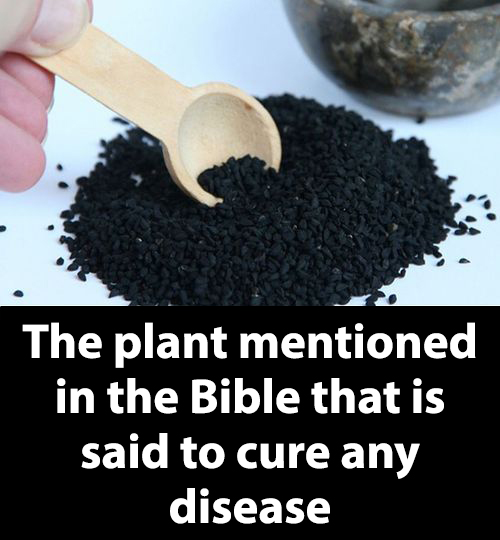The renowned Greek physician Dioscorides, an ancient pharmacologist and botanist, and surgeon in Emperor Nero’s army, utilized black cumin to treat migraines and toothaches. His comprehensive work “De Materia Medica” details the medicinal properties of around 600 plants and minerals.
In Arab culture, black cumin is revered as the “seed of blessing.” Islamic prophet Mohammed is believed to have said that black cumin seeds could heal every disease except death.
The secret behind black cumin’s efficacy lies in its complex chemical makeup. These tiny seeds are packed with over 100 different chemical compounds, including a rich supply of essential fatty acids. While the oil extracted from black cumin seeds is commonly used, the seeds themselves are a flavorful addition to various dishes, including rice, pastries, and Mediterranean cheeses.
Black cumin is particularly beneficial for autoimmune disorders, where it supports the immune system and prevents the destruction of healthy cells. When combined with garlic, it further strengthens immune responses and maintains cellular balance.
It’s important to distinguish black cumin from caraway; although they belong to similar botanical families, they are not the same. Caraway, related to fennel, has a bitter taste, whereas black cumin, part of the parsley and coriander family, offers a sweet-spicy flavor with peppery notes.
The health benefits of black cumin are vast and diverse. It is known for preventing serious conditions like cancer, diabetes, and obesity, and is beneficial for treating hair loss, skin problems, and various infections. Croatian scientists have discovered that certain phytochemicals in black cumin can reduce cancer cells by 52% in lab mice.
Continue Reading in next page

